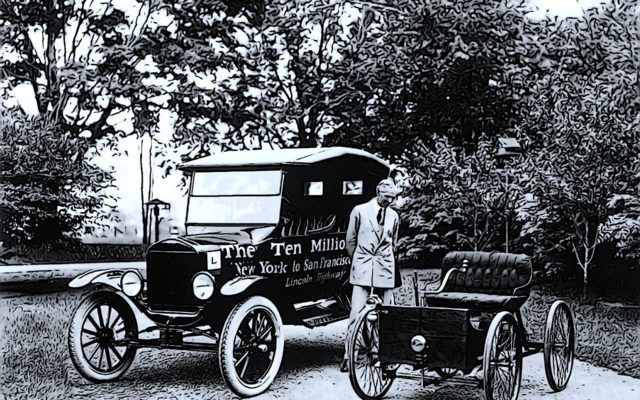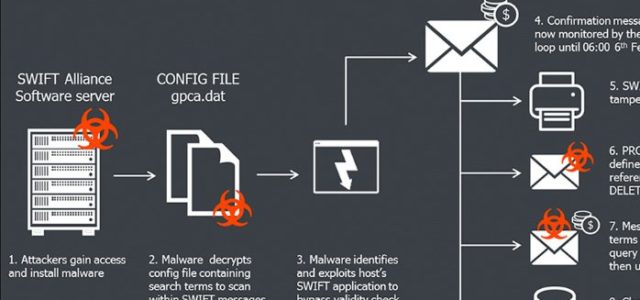Genuine innovation in payments often means to tear up the rulebook. This was the message that came across loud and clear at our Smart Devices and Payments event at the Tanner Warehouse in Bermondsey during London Tech Week.
Hew Leith of 10x and creator of the first robot-brewed beer, kicked us off at breakneck speed, diving into the very mechanisms of innovation itself. Innovators must take leaps, Hew said, quoting a well-known reference usually attributed to Henry Ford: “If I had asked people what they wanted, they would have said faster horses”. The important thing, he argued, is to isolate the need and decouple it from the mechanics – after all, focusing on the need to go faster rather than building ‘faster horses’ brought us the car, not a quicker gee-gee.
Revolutionary innovation must also be customer-centric, a joy to use. A great proportion of Apple’s success is due to the interface and desirability, as well as the actual function, of the device. It’s all about starting with the customer and working backwards. As readers of my previous post will know, we’re fans of Amazon Go at iBe TSE. I couldn’t have agreed more with Hew’s sentiment that it’s a far better, more customer-centric technology than self-checkout, which I frequently lose patience with.
But these leaps often take courage. Amazon’s ‘legal shoplifting’ represents significant social and technological change, and I’d bet that many people trying out the system felt a twinge of discomfort as they walked out of the store, feeling like they hadn’t ‘actually’ paid for their goods. The first time I used a contactless payment card in a store, I was leaning over the till to make sure I was being charged the right amount! I’m sure this will be the same for those of us who have yet to make a payment in bitcoin or use a blockchain-based system…
And as anyone else who has been bungie jumping or skydiving will know, taking a leap into the unknown requires trust. Masha Cilliers, from Payment Options observed that this is happening already without us knowing about it. The Internet of Things (IoT) is gradually appearing in our homes by promising to take care of us, save us money and sometimes, do our jobs. This slow development builds familiarity, and in turn, trust. In fact, she noted, by 2018, the number of IoT devices will surpass mobile devices. Of course, anything relating to payments and IoT is very personal and requires even more significant trust in the brand behind it.
This trust was vital to our DRNK PAY project, where we worked with our FinTech Partner Vipera to create a means of stopping unwanted spending after a beer too many. Jeremy Nicholds gave everyone an overview of the card control system and how we developed it together, integrating with consumer bank accounts and allowing them to control the system, setting thresholds for spending on drinks and other merchant categories. In my experience, this kind of technology is becoming increasingly ubiquitous today.
Our final speaker, Alex Blatt of Somo, reinforced this point quite neatly, observing that at Apple’s recent WWDC conference, spokespeople announced that it would be including augmented reality functionality within iPhones as standard from hereon. Google has made similar announcements about its near-ubiquitous Android handsets and if this kind of technology is embedded by default, consumers will grow to know it, use it and eventually, trust it.
And without trust, without desirability, without usability, this innovation will be relegated to the ranks of gimmick. VR and 3DTV both sit on an uncomfortable fence today; cheaper headsets lack a compelling USP, and most 3D content simply isn’t different enough to regular television to justify the price tag. As I mentioned, this is especially key in the payments industry, where consumers must trust us with their wallets or they’ll vote with their feet.
So if you weren’t able to make the event during London Tech Week’s hectic line-up, we’re running a series of tech and digital accelerator clinics, exploring the possibilities for AR, VR, mixed reality, and a myriad of other technologies that we love here at iBe TSE. If you want to meet for a coffee or a chat, drop me a message – I look forward to catching up soon and exploring how we can help you with disruptive innovation.
Article by channel:
Everything you need to know about Digital Transformation
The best articles, news and events direct to your inbox
Read more articles tagged: Featured, Innovation







